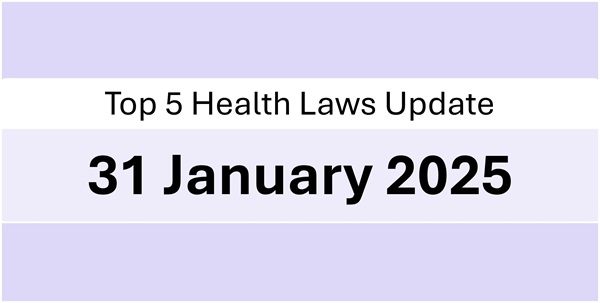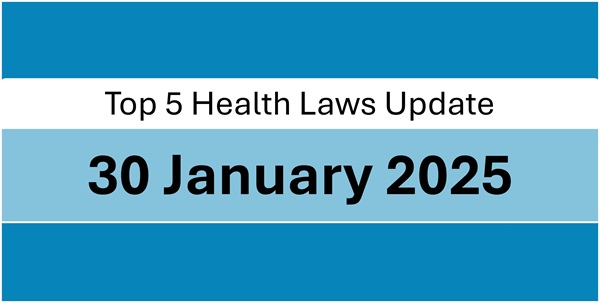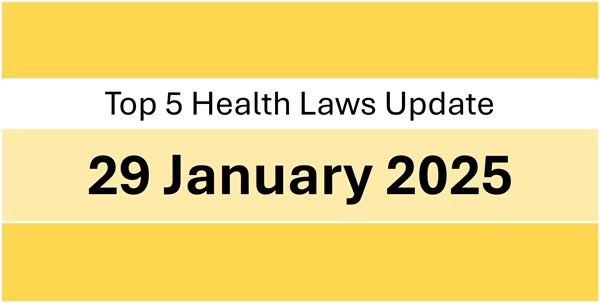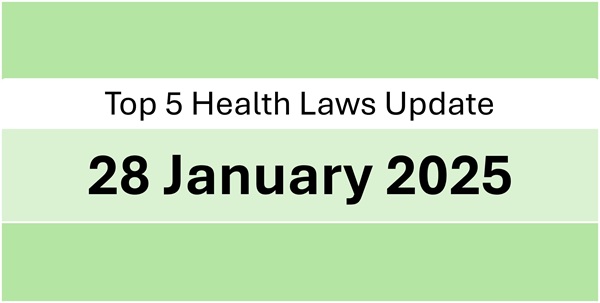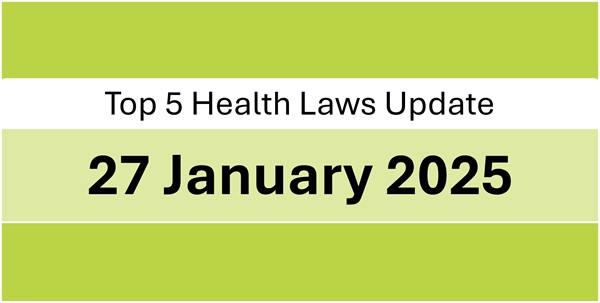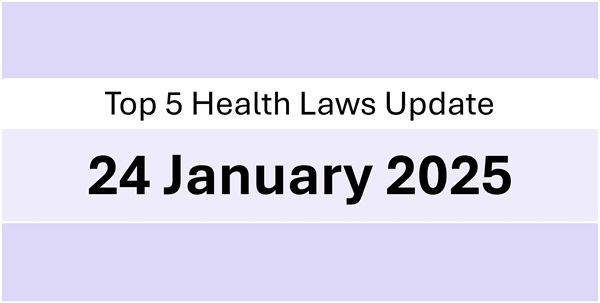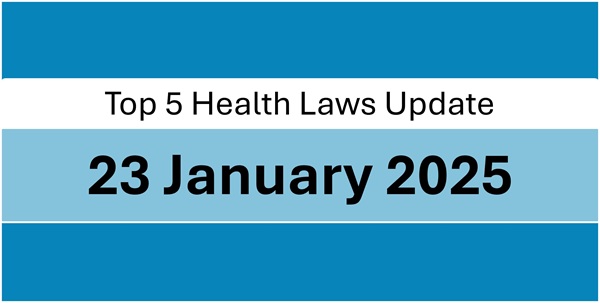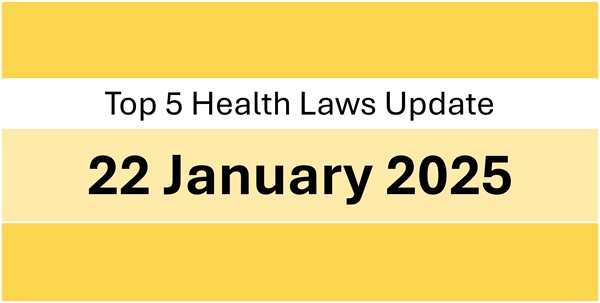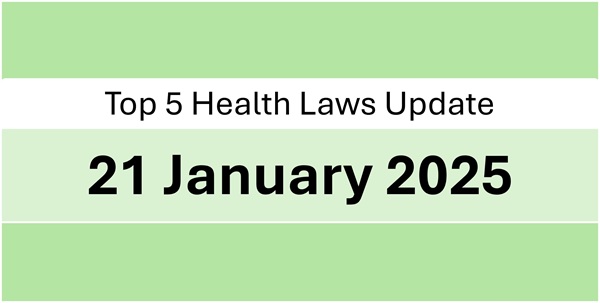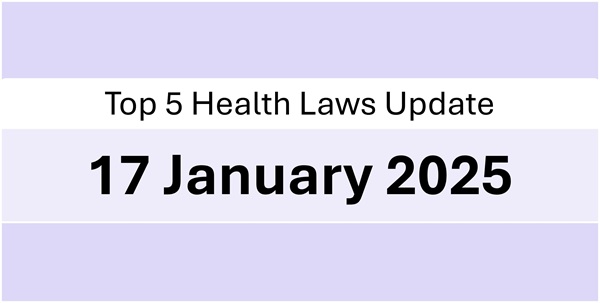Dear Readers, we are happy to share the most interesting legal and policy updates concerning health industry that we read today. we hope you enjoy reading it.
1. India’s Madhya Pradesh High Court has ruled that rape survivors can undergo medical termination of pregnancy up to 24 weeks without requiring a court order. For pregnancies up to 20 weeks, a registered medical practitioner can perform the termination. This decision aims to streamline the process for survivors, reducing delays in accessing abortion services.
Source: bit.ly/4gkA5xi
2. The Indian Council of Medical Research (ICMR) and the Central Drugs Standard Control Organisation (CDSCO) have released a draft standard evaluation protocol for the performance evaluation of Human Metapneumovirus (hMPV) real-time PCR kits. This protocol provides detailed procedures for testing, including preparation of hMPV RNA evaluation panels, RNA extraction, and guidelines for real-time PCR systems. It aims to ensure the quality and reliability of diagnostic kits for hMPV. Public comments are invited till March 15, 2025.
Source: bit.ly/3WGUcOW
3. India’s Andhra Pradesh Medical Council (APMC) has reportedly announced that permanent registrations for Foreign Medical Graduates (FMGs) will be granted only to those who comply with the National Medical Commission (NMC) guidelines. This includes verification of degrees through the respective Indian Embassies and additional internship requirements. A group of 25 FMGs has filed a writ petition in the Andhra Pradesh High Court regarding this matter.
Source: bit.ly/3WEXdzv
4. Representatives from several pharmaceutical industry groups are scheduled to meet with officials from the Central Drugs Standard Control Organisation (CDSCO). The agenda includes discussions on the implementation of Schedule M, which sets quality standards and good manufacturing practices for pharmaceutical companies. Industry representatives, particularly from MSME pharma manufacturers, are expected to request an extension of the implementation timelines for the revised Schedule M.
Source: bit.ly/3WJDVZU
5. The US FDA has identified cybersecurity vulnerabilities in certain patient monitors used in healthcare and home settings. These monitors display critical patient information such as temperature, heartbeat, and blood pressure. The FDA warns that these vulnerabilities could allow unauthorized individuals to access and potentially manipulate the monitors, leading to improper functioning. Additionally, connected networks may be compromised, and sensitive patient data, including personally identifiable and protected health information.
Source: bit.ly/3X53S6r

